#ozzy ordinary man
Photo



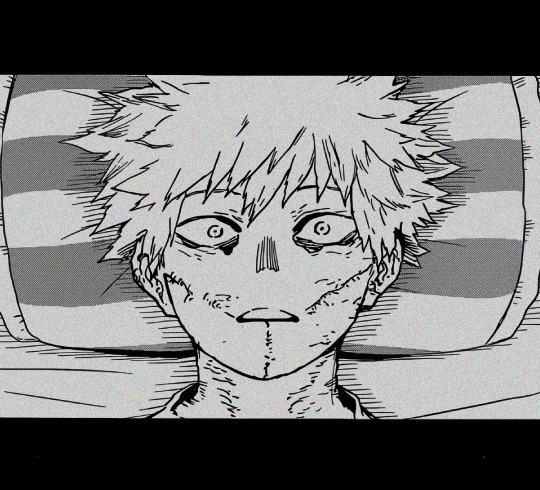

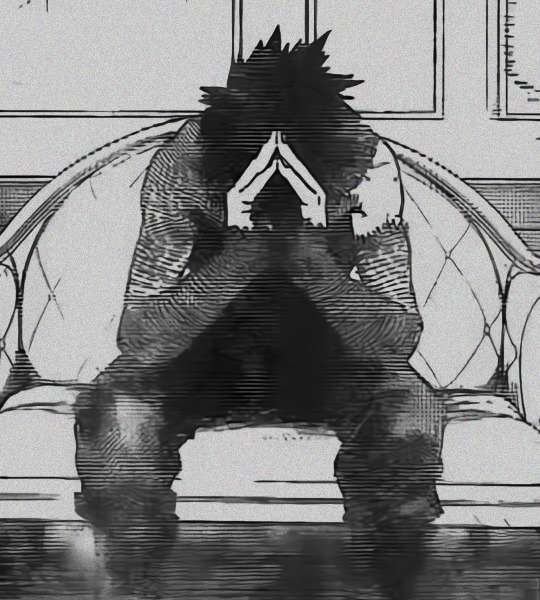




yes, I've been a bad guy, been higher than the blue sky
and the truth is I don't wanna die an ordinary man
#bnha#bnhaedit#boku no hero academia#my hero academia#spoilers#dabi#long post#song is ordinary man by ozzy osbourne#guess who forgot about the 10 image limit? thats right! this girl!! but its okay i think i made it work alright#my edit
266 notes
·
View notes
Text
Ordinary Man
I was unprepared for fame
Then everybody knew my name

No more lonely nights, it's all for you
I have travelled many miles
I've seen tears and I've seen smiles
Just remember that it's all for you
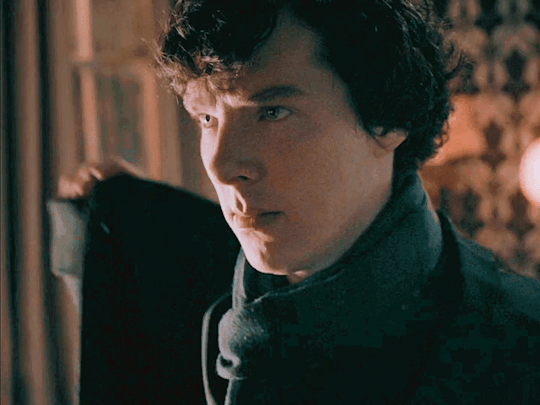
Don't forget me as the colours fade
When the lights go down, it's just an empty stage
Okay

Yes, I've been a bad guy
Been higher than the blue sky
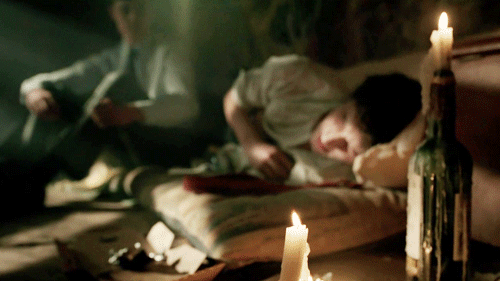
And the truth is I don't wanna die an ordinary man
I've made grown men cry
Don't know why I'm still alive
Yes, the truth is I don't wanna die an ordinary man
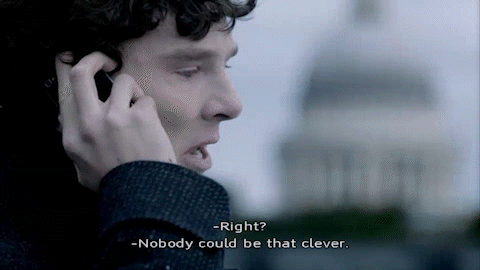
Many times I've lost control
They tried to kill my soul
Just remember I'm still here for you
I don't wanna say goodbye
When I do, you'll be all right
After all, I did it all for you

Don't forget me as the colours fade
When the lights go down, it's just an empty stage
Okay
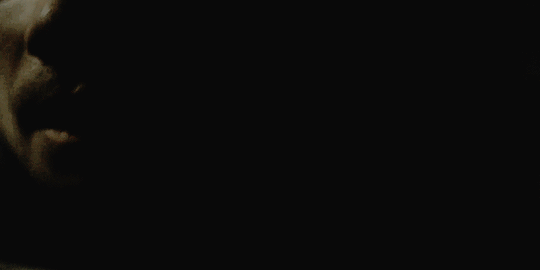
Yes, I've been a bad guy
Been higher than the blue sky
And the truth is I don't wanna die an ordinary man
I've made grown men cry
Don't know why I'm still alive
Yes, the truth is I don't wanna die an ordinary man

Yes, I've been a bad guy
Been higher than the blue sky
And the truth is I don't wanna die an ordinary man
I've made grown men cry
Don't know why I'm still alive
Yes, the truth is I don't wanna die an ordinary man

39 notes
·
View notes
Video
youtube
Friday, May 12: Ozzy Osbourne, “Goodbye”
Ordinary Man was greeted with a lot of hype and nearly as many strong reviews when it first came out, but once the initial buzz about Ozzy Osbourne working with a big name producer who corralled a band of all-stars wore off, we were ultimately left with yet another mediocre album, and one that was arguably not as good as the (actually slightly underrated) Kevin Churko-era Ozzy records. It wasn’t all bad, but it suffered from the same slickness that permeated every Ozzman record over the past 30 years, and despite claims in the press releases there was a similarly consistent lack of inspiration, to say nothing of the apparent manipulation of the vocals in the mix. “Goodbye” was one of the better tracks, thanks largely to a concluding workout by the assembled crew of producer/ guitarist Andrew Watt, Duff McKagan and Chad Smith. Ozzy sounded engaged and generally happy to be making a record, which was really all we could ask of him. In some ways it was the platonic ideal for an Ozzy song circa 2020, as it was Sabbathy in feel while also a little faster and more contemporary, and “Goodbye” went down easily without feeling awkward or pandering.
#heavy metal#metal#heavy metal music#heavy metal rules#heavymusic#listen to metal#metal song#metal song of the day#song of the day#song#ozzy#ozzy osbourne#andrew watt#duff mckagan#chad smith#ordinary man#Epic Records#heavy music#heavyrock#heavy rock#metalrock#metal rock#metalmusic#metal music#listen to music
11 notes
·
View notes
Text

Ozzy Osborne
2020
#ozzy osbourne#2020s#ordinary man era#ordinary man#straight to hell video#straight to hell m/v#godfather of heavy metal
2 notes
·
View notes
Text
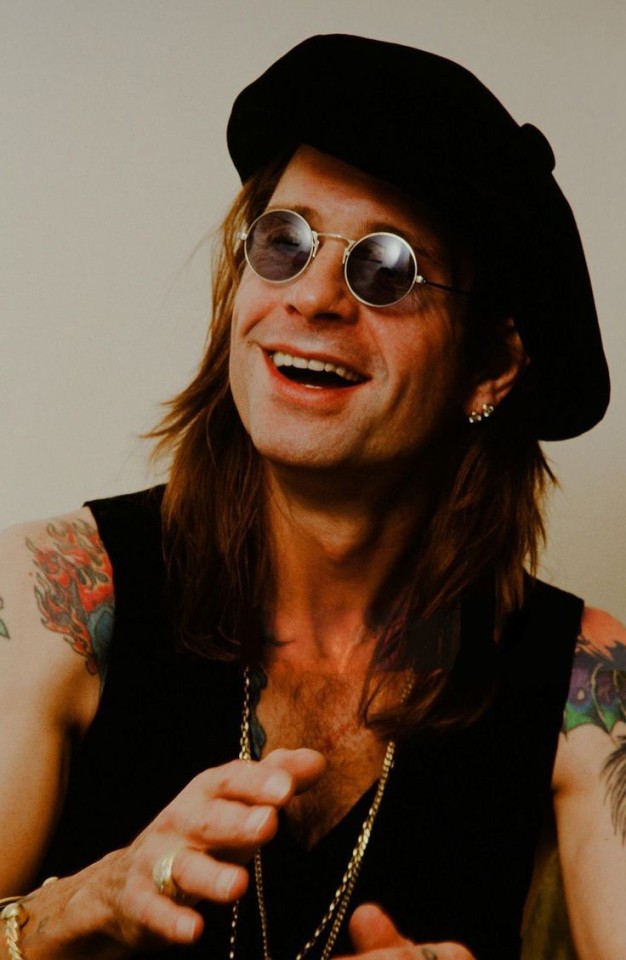
74 anos para o maior comedor de Morcego da história!!
Happy Birthday Ozzy Osbourne!! 🎂🍻🎉
#Ozzy#Ozzy Osbourne#Blizzard Of Ozz#Diary Of A Madman#Bark At The Moon#The Ultimate Sin#No Rest For The Wicked#No More Tears#Ozzmosis#Down To Earth#Under Cover#Black Rain#Scream#Ordinary Man#Patient Number 9#Black Sabbath#Paranoid#Master Of Reality#Vol. 4#Sabbath Bloody Sabbath#Sabotage#Technical Ecstasy#Never Say Die!#13#Metal#Heavy Metal#Hard Rock#Prince Of Darkness#Madman
9 notes
·
View notes
Text

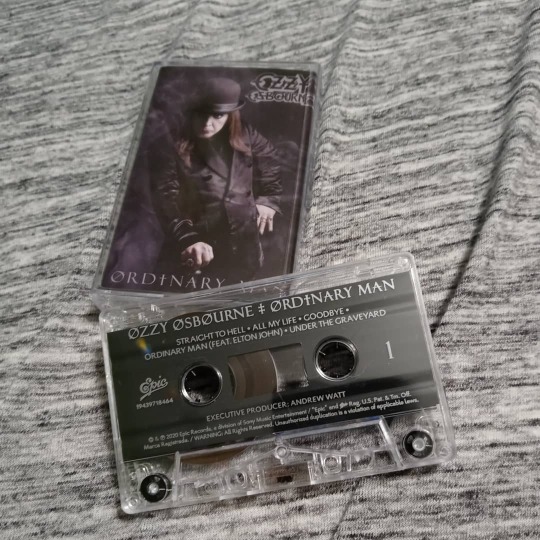
Ordinary Mam, Ozzy Osbourne
A great album!
Alt art cassette
#collection#audio cassette#cassette#cassettes#music#collectibles#retro tech#spotify#ozzy osbourne#ozzy#ordinary man
1 note
·
View note
Video
youtube
OZZY OSBOURNE-STRAIGHT TO HELL
1 note
·
View note
Note
Please I need more of jealous Jack
https://www.tumblr.com/bitchinbarzal/737222279346438144/we-have
Maybe with another dad at a meeting at the girls' school? or a neighbor who just moved and he is showing a lot of interest in Mama Hughes or maybe a coworker of Mama Hughes and if you want to make a mess maybe a teammate of Jack's
Frankie was a tattletale.
As soon as she stepped foot through the door she told her daddy
“Mommy has a new daddy friend at my school”
Jack was immediately up and meeting you at the door
“Who’s this guy?”
You’re carrying your groceries, halted in the process
“What?”
“Frankie says you met a guy”
You look around Jack to the little girl smiling at you ‘hi mommy’
You nod, knowing where her loyalties lay
“Baby please, help with the groceries” you gesture the bags to which he takes and you both walk into your kitchen.
Once the bags are put down Jack goes to start yapping again you stop him with a kiss
“You are the most jealous man I’ve ever met”
“Can you blame me? You’re amazing I’m just-“
“Just” you interrupt “Just The Jack Hughes, just Stevie, Ozzy and Frankie’s daddy, just my husband, just the man who put this baby-“ you take his hands and put them on your bump “Here, you’re just not ordinary baby and I love you so much for it”
66 notes
·
View notes
Note
♫ ♡
hi anon ♡♡
"Send me a “♫” and I will put my music on shuffle and give you a 5 song playlist"
1,, turn it up bitch :: limp bizkit
2,, danger - keep away :: slipknot
3,, farwell :: eminem
4,, ordinary man :: ozzy osbourne
5,, give :: sleep token
#asks#rambles#music#anon#ask game#song rec#spotify#limp bizkit#slipknot#eminem#ozzy osbourne#sleep token
11 notes
·
View notes
Text
Ozzy Osbourne - Ordinary Man (Official Music Video) ft. Elton John
youtube
13 notes
·
View notes
Text
Thoughts on Helluva Boss Episode 203 (”Exes and Oohs”)
Pros:
- Crimson’s facial animation is great, especially when Moxxie and Millie first walk through his door, and when he finds out Chaz isn’t rich. His expressions convey a lot of menace through the timing and eye movements alone. It’s subtle, but I hope whoever animated those scenes knows their efforts haven’t gone unnoticed.
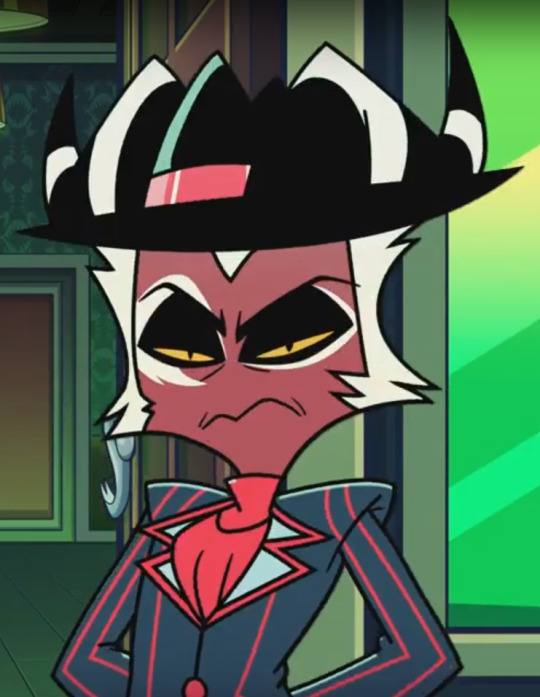
- I like the concept of Crimson’s trophy wall, which shows he actually keeps mementos of those he’s killed, seeing them as no better than animals for him to hunt. Now if there are actually cops in this version of Hell (which the existence of jail implies), this would look very suspicious if they ever stopped by, like a serial killer displaying the hands, eyeballs, etc of his victims. But I guess he could always press a button and flip them all to the dildo side if he didn’t mind the weird looks he’d inevitably get.
- I actually liked Moxxie’s introduction to Blitzo in the flashback. It showcases his fast-talking, big-thinking personality well. Shame he’d go on to treat Moxxie like shit after this.
- I wasn’t expecting the dildo scene to get a laugh out of me, but goddammit it did. It’s such an absurd overcompensation from an old straight dude who thinks he knows what the gays like that it caught me off guard. It’d be kinda tasteless if Moxxie were the butt of the joke, but clearly he’s the straight man (no pun intended) here. The real source of humor is Crimson’s misguided, ridiculously silly attempt to accommodate his son, which just shows how little he really knows (or cares to learn) about him.
- Fuck YES, Moxxie standing up to his dad. Great, satisfying scene. Now do it to Blitzo, Mox. It’s been a looong time comin’.
- Millie’s climactic fight scene is pretty good. The choreography is fluid, the kills are creative and fun to watch, and the music fits perfectly. There’s just one aspect holding the sequence back from being great, which we’ll get into later.
- Good ending. Shows what became of Chaz and hints that Crimson might try to get revenge on Moxxie in the future. More Crimson is a win in my book.
Cons after the cut.
Cons:
- Dammit, the “Moxxie is fat” jokes were never funny, show. Let ‘em die.
- So Crimson lives in the Greed ring, yeah? Why is everything green? The color traditionally associated with greed as a sin is yellow, while green is reserved for envy. For that matter, you’d think all the sharks here would fit in better in the Envy ring, since it’s ruled by Leviathan, a sea creature. Did they seriously just slap the wrong name on the Envy ring? They used the traditional deep blue for the Lust ring back in “Ozzie’s”, so this is a glaring inconsistency.
- I’ve mentioned before that Viv Medrano likes using the same design elements a bit too much in her characters (bow ties, gold teeth, differently-colored fingertips, etc), and it looks like we can add concentric eye rings to the list. Notice how both Striker and Chaz have these.
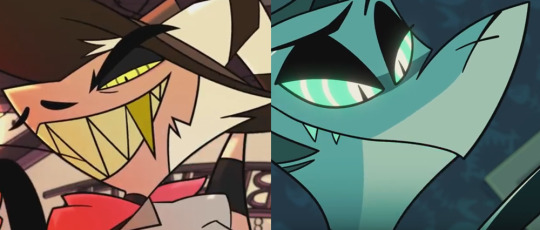
The other sharks in the mob have them too, but Striker’s an imp, not a shark (despite looking like he was ripped off from a shark), so it’s not species-related. Does it represent the characters’ personalities or serve any sort of plot function? Fuck if I know.
- Bit of a nitpick, but the black “cross” shape at the tip of Chaz’s nose is wildly inconsistent from scene to scene. Sometimes it’s thin, sometimes it’s thick, sometimes it has pointed tips, sometimes it has rounded ones. More thorough model sheets for the cleanup department would help mitigate this in the future.
- So prison is a thing that exists in Hell, huh? And so are banks, I guess. And they look exactly the same as they do in the human world. See, this isn’t the kind of episode that’d necessarily benefit from worldbuilding, since it’s not relevant to the plot (or not yet, anyway, but we’ll get there). But seeing all these ordinary settings just reminds me of how pointless the entire “Hell” thing is, and how no one could be bothered to invent a new world for the characters to live in. (Seriously, demon characters disguised as humans in the human world. I’m tellin’ ya. Barely anything in the story would change.)
- Guys, ya didn’t have to explain the Titanic reference. Most viewers probably would have caught it even if Blitzo hadn’t pointed it out. I’m sure even the zoomers who hadn’t been born when it came out would at least recognize the meme. Give your audience more credit.

- I’ll level with y’all: The dildo pixellation is distracting as hell. If a show made for network TV had it, fine, I understand. But Helluva Boss is made for the internet, which has much more lenient censorship standards. Hell, BoJack Horseman, a Netflix show, features a sex robot with a couple attached dildos, neither of which are censored. Is this just a Youtube monetization thing I’m not aware of? Because I checked their community guidelines, and while they mention “using sex toys to give viewers sexual gratification”, there’s nothing remotely sexy about their use in this episode. They function only as comedic props, not tools of titillation. All about that context, baby. Not that I’m super gung-ho to see a bunch of multicolored dicks in their full glory; the censorship’s just a little annoying.
- I understand the need to give Moxxie a reason to fear Crimson, but the physical violence is a tad gratuitous. Crimson didn’t really need to hit Moxxie’s mom in the past, or Moxxie in the present, to be intimidating. Abusers don’t have to lay a finger on their victims in order to frighten them.
I’m starting to see a pattern: Stella tried to hit Stolas, too. It’s like these writers think abuse needs to employ some physical element, or else it’s not really abuse. Which... no, that’s not at all how it works. And considering how Moxxie escaped an abuser only to find himself working for another one (oh, but he’s hard on him because he CaREs, guys! Yeah, bullshit), it only makes this sequence harder to watch. Mox deserves so much better.
- Helping his dad drown that guy seems like a traumatic memory for Moxxie, so why is he in a business where all he does is kill people? Hasn’t he ever wanted or tried to be anything else? A musician, maybe? We know he can sing and play guitar, so...
- Holy shit, did we really need that shot of Crimson with the dildos just after the exceedingly dark flashback? Talk about tone whiplash!
- I mentioned earlier that worldbuilding wouldn’t affect this episode’s plot... for the most part. The wedding scene is a case in which it would.
So, really think about this for a second: We’re in Hell. And there’s a wedding that looks like a typical one would in the human world. We’ve got flowers, an aisle, a block of chairs on either side, and...

A priest?!
Seriously, the dude officiating is dressed up like a Christian priest. White robes, hat, the works. Sure, his outfit and book have inverted crosses, but that doesn’t explain why everything else looks so similar to what you might see in a Christian ceremony. It’s like the demons of Hell saw a Christian wedding and were like, “Oh cool let’s do it exactly like that”. Don’t you think Lucifer, the king of Hell in this universe, might have a tiny problem with this??
And for that matter, why is marriage even a thing in Hell? Why do demons feel the need to justify their long-term relationships with human customs? Why can’t they form their own traditions to celebrate their love?
I get that this is all visual shorthand the audience will be familiar with. I get that they’ll take it all in and recognize this event as a wedding in seconds. But in earlier scenes, Crimson already established that a wedding would take place the next day. So with that label in mind, the audience should be able to tell that this ceremony was a wedding, no matter how it looks.
Would a more unorthodox version feel out of place in the very “humanized” culture and surroundings the show has established? Yeah, kinda. But there could be a throwaway line from the priest explaining that he insists on doing things the old way, with the traditions demons once embraced before Hell was overrun with human souls and human practices (”This is how we did it back in my day, before the sinners came.” Then Chaz is like, “Ha! You said came!” or something). This could be a glimpse into a demonic subculture fighting to preserve their heritage, which future episodes could explore further. Think of all the subtext and story potential packed into a single sentence. But, y’know, creating a by-the-numbers world is just easier. So.
- Remember how I said there was one thing holding Millie’s fight scene back from being great? It’s the camera. It zooms in too far and moves around way too much, to the point where it’s hard to see what’s going on at times. Ideally, the animation and frame composition should work in tandem, hitting all the snapshots of action they need to hit for visual clarity, and doing little else. A bit of camera shake here and there is fine, but there’s no need for all this wobbling back and forth. I shouldn’t need Dramamine just to watch a damn web series.
- At one point, Crimson says to his minions, “What the fuck! She’s a dame! She’s a broad! Kill her!”, implying that women should be easy to kill. I don’t know if Horvitz improvised those lines or what, but considering that Crimson’s gang has two female members (one of whom we even saw moving a body earlier), it feels like there’s a disconnect between the dialogue and the art department.

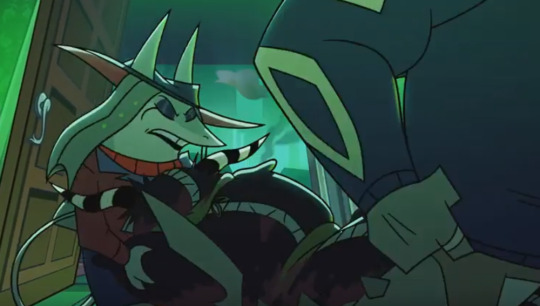
I dunno, man. If women aren’t that tough, maybe don’t use them as soldiers in your crime syndicate?? Inconsistencies aplenty in this episode, sheesh.
In conclusion, running the script by another set of eyes during the writing stage would benefit this show immensely. I know it seems like I had a lot of gripes with this one (what else is new, amirite), but honestly, this is one of the better Helluva Boss episodes. When the series ends (or when the writing gets so bad I can’t watch anymore), I might post my personal ranking of all the installments I’ve seen. For the first time in a long time, I’m actually curious to see what kind of story the next episode will tell. It’s almost like a series with an episodic plot structure can be interesting without the creator’s favorite ship hogging the focus. Funny how that works.
Later!
59 notes
·
View notes
Text
So, I have had this headcanon for awhile that Henry sometime in his later teens started listening to harder rock music when things were getting too much. He probably started with some very shouty metal and harder rock that he had heard somewhere since it would be far from something the crown would approve of and well a need for something that could be just for him. Like any of us who may have looked for rock music to scream our feelings out realized there were plenty of great rock songs that can help when things might be spiraling out of control. Of course, seeing how the piano has also helped him I like to imagine that he learned to play some of the songs on the piano so he could have his self-help rock right there under everyone's nose without anyone the wiser.
I finally found the time to put a playlist together of some of the songs I think he might have listened to synced up with events in his life that we learned about in the book, including the bonus chapter. Starting with 2015 and the death of his father and ending with well now, 2023, which based on Henry's chapter they came back from a trip at the end of summer to England for some royal duties, and he knows "He doesn't ever want to go back." So, abdication in the works currently, or at least a thought he will be moving on.
This week's RWRB Week seemed like the perfect time to get it finished and share 😊
@rwrbmovie & @rwrbsource's RWRBweek: Day #2 Song(s)
Scars – Papa Roach
Until the world goes cold – Trivium
Face Everything and Rise – Papa Roach
Cut the Cord – Shinedown
Angels Fall – Breaking Benjamin
Help – Papa Roach
Moving On – Asking Alexandria
Sick Like Me – In This Moment
Jekyll & Hyde – Five Finger Death Punch
Nearly Forgot My Broken Heart – Chris Cornell
Follow Me Down – Pretty Reckless
Wash It All Away – Five Finger Death Punch
Scars – I Prevail
I Won’t Give In – Asking Alexandria
Sound of Silence – Disturbed
Save Today – Seether
Still Alive – 3 Doors Down
Daft Pretty Boys – Bad Suns
Help – Papa Roach
Into the Fire – Asking Alexandria
MONSTERS – Shinedown
Bulletproof – Godsmack
The Mountain – Three Days Grace
Ghost – Badflower
Breaking Down – I Prevail
Save Me – Skillet
High Hopes – Panic! At The Disco
Far Away – Breaking Benjamin
Ordinary Man – Ozzy (Featuring Elton John)
They Don’t Want What We Want – Asking Alexandria
Dear Agony – Breaking Benjamin
Atlas Falls – Shinedown
A Little Bit Off – Five Finger Death Punch
Every Time You Leave – I Prevail
Black Eyes Blue – Corey Taylor
King Of Misery – Saul
World on Fire – Daughtry
Not Mad Enough – Smith & Myers
Soak Me In Bleach – Amity Affliction
Unforgettable – Godsmack
Waiting On A War – Foo Fighters
Only Love Can Save Me Now – Pretty Reckless
Lifeline – Bad Wolves
Breathe Again – Pop Evil
Heavy is the Crown – Daughtry
Call Me Little Sunshine – Ghost
Pawns & Kings – Alter Bridge
Daylight – Shinedown
Planet Zero – Shinedown
Rest In Peace – Dorothy
Lifetime – Three Days Grace
Afterlife – Five Finger Death Punch
Riptide – Beartooth
Dead Man Walking – Jelly Roll
Kill the Noise – Papa Roach
No Apologies – Papa Roach
A Symptom of Being Human – Shinedown
Watch The World Burn – Falling in Reverse
Cut the Line – Papa Roach
Numb - Sleep Theory
Might Love Myself – Beartooth
Victorious – Nita Strauss, Dorothy
#rwrbweek#rwrb headcanon#red white and royal blue#henry fox mountchristen windsor#firstprince#music feeds the soul#and maybe keeps you sane#also gives you a great way to stick it to the man - maybe#Spotify
9 notes
·
View notes
Text
youtube
Ozzy Osbourne - Ordinary Man ft. Elton John
7 notes
·
View notes
Text
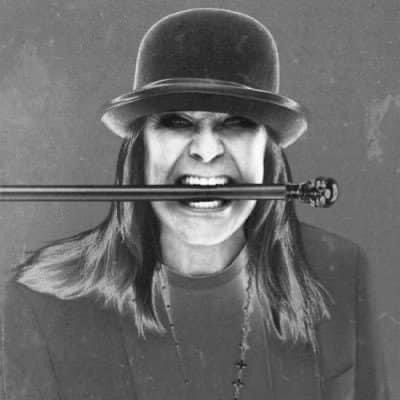
Ozzy Osborne
2020
#Ozzy Osbourne#Heavy Metal#Godfather Of Heavy Metal#2020s#black and white#ordinary man#ordinary man era
2 notes
·
View notes
Text
“Suburban developments sprang up all over the country in the wake of World War II. As developers rushed to meet the postwar demand for housing, banks, government subsidies, and private investors poured funds into new, single-family homes. In 1946, for the first time, a majority of the nation’s families lived in homes they owned. Over the next 15 years, 12 million more families became homeowners. These new houses in expanding suburban areas were built with young nuclear families in mind. Builders and architects assumed that men would be away at work during the day and houses would be occupied by mothers and children. Most houses were designed with open floor plans where children could wander freely and safely.
Kitchens usually opened into family rooms, with windows facing backyards, so that women could do household chores while watching their children. Living rooms featured picture windows, also to make it easy to keep an eye on children. The one-story design gave the home an informal look and was practical for families with small children, since there were no stairs, which could be dangerous. Houses were built with plenty of closet space to hold numerous consumer goods that went along with suburban living. Families did not have to be wealthy to buy houses in suburbs. But they did have to be white. Racial minorities were not allowed to purchase homes in the suburbs, even if they could afford them.
…The home was also the center of family leisure. Postwar Americans spent a good deal of their incomes on items that would make the home comfortable and enjoyable: appliances, automobiles, backyard barbecue sets, and of course, televisions. By the 1950s, televisions were selling at a rate of more than 5 million a year. In their living rooms, ordinary families watched idealized families in enormously popular shows such as “Ozzie and Harriet,” “Leave It To Beaver,” and “Father Knows Best.” These television families all had certain features in common: they were white, they lived in comfortable suburban homes, full-time homemakers had down-home wisdom and patience, and fathers always knew best.
Curiously, although the fathers in these programs were the breadwinners of the family, we rarely if ever saw them at work. They were home, presiding with kindly, fatherly authority, clearly the head of the household. Nevertheless, mothers were the ones in charge of the daily routines, the running of the home, and the supervision of the children. Television shows that featured working-class families were often continuations of radio comedy shows from the pre-TV era. Shows like “The Honeymooners,” starring Jackie Gleason, depicted working-class men with real jobs (usually undesirable ones like bus drivers or sewer workers), wives who tolerated their husbands’ explosive tempers and rolled their eyes at men’s foolishness, and neighbors who shared their struggles.
…The suburban ideal often promised more than it delivered. Obviously, appliances alone would not make a housewife happy. Women in Levittown often complained about feeling trapped and isolated, facing endless chores and tending to children. For them, suburban life was not a life of fun and leisure but exhausting work and loneliness. Time-consuming commuting reduced the amount of time men could spend with their families, and for the suburban women who held jobs outside the home, the burden was even heavier. They faced work on the job, a long commute home, and then all the chores considered to be “woman’s work” in the home.
The struggle to achieve the ideal suburban life took its toll on men as well as women. Since the primary goal of the “breadwinner” was to provide for his family, it was expected that he would work for the best steady pay, regardless of whether he enjoyed the job. The reward was in the quality of life that the man’s income could buy--not the intrinsic satisfactions of the job itself. The woman’s part of the bargain was to keep the home cheerful and clean, and to be content with the homemaker role. If either partner believed that the other was not keeping the bargain, trouble brewed.
…By 1950, 41 percent of all employed black women worked in private homes. Another 19 percent worked in office buildings, restaurants, and hotels as scrubwomen, maids, and housekeepers. Of the remaining 40 percent, many worked in farm labor. In spite of the migration to the North, as late as 1950, 68 percent of African Americans still lived in the South. The lives of southern black women largely resembled that of their female ancestors during slavery: living in shacks, working sun up to sun down, forced to obey local white people or risk severe consequences.
In the North, as whites continued to move to the suburbs, blacks became more concentrated in the cities. By 1960 blacks were more urbanized than whites. North as well as South, black men earned less than half of what white men earned, and black women received less than half the amount that white women earned. Black women continued to face the most dismal prospects for paid employment, but they continued to take whatever jobs they could get. In the postwar years, white women faced pressure to become full-time homemakers, and were often stigmatized if they held jobs. But black women faced no such stigma.
…Suburbs fostered tightly knit nuclear families in loosely knit communities and extended family networks. People moved often, and ties to neighbors were often weak, since the nuclear family was expected to be self-sufficient and self-enclosed. People did come together in a number of associations, most notably in the churches and synagogues that sprang up across the country. The suburban landscape was dotted with religious institutions, as Americans joined congregations in record numbers. People also came together in local civic institutions. Women joined local PTAs, women’s clubs, and charities, and they organized scout troops and other enrichment programs for their children.
These efforts provided women with community ties, and gave them the opportunity to shape social, religious, and educational institutions in their neighborhoods. These were important tasks. But deep sources of mutual support and tight networks based on kinship and friendship were difficult to achieve in the suburbs. People moved in and out too quickly, and many left their relatives and ethnic communities when they moved to the suburbs. The isolation of the nuclear family also inhibited the casual visiting that took place on the stoops of urban apartments or the streets of the cities. Those outside the suburbs were more likely to develop strong ties of support with relatives and friends. It was both more possible, and more necessary, to do so.”
- Elaine Tyler May, “Suburbia: The Homemaker’s Work Place.” in Pushing the Limits: American Women, 1940-1961
5 notes
·
View notes
Photo

Ozzy Osbourne 2020 Ordinary Man
released 21.02.2020
12 notes
·
View notes